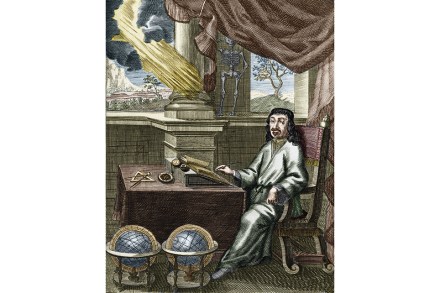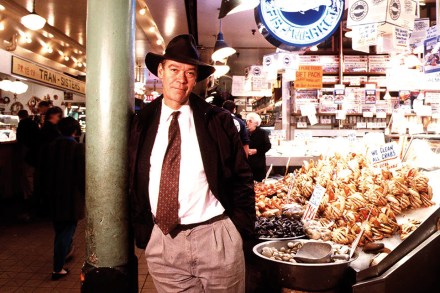Whole world in his hands: a fascinating story of globes and globemaking
Despite the subtitle of this fascinating book, it soon turns into an account of how Peter Bellerby’s obsession eventually led to a considerable personal triumph. Unable to find a worthy 80th birthday present for his father, he set out to create a globe himself, which led him to found Bellerby & Co, ‘the only fully




















